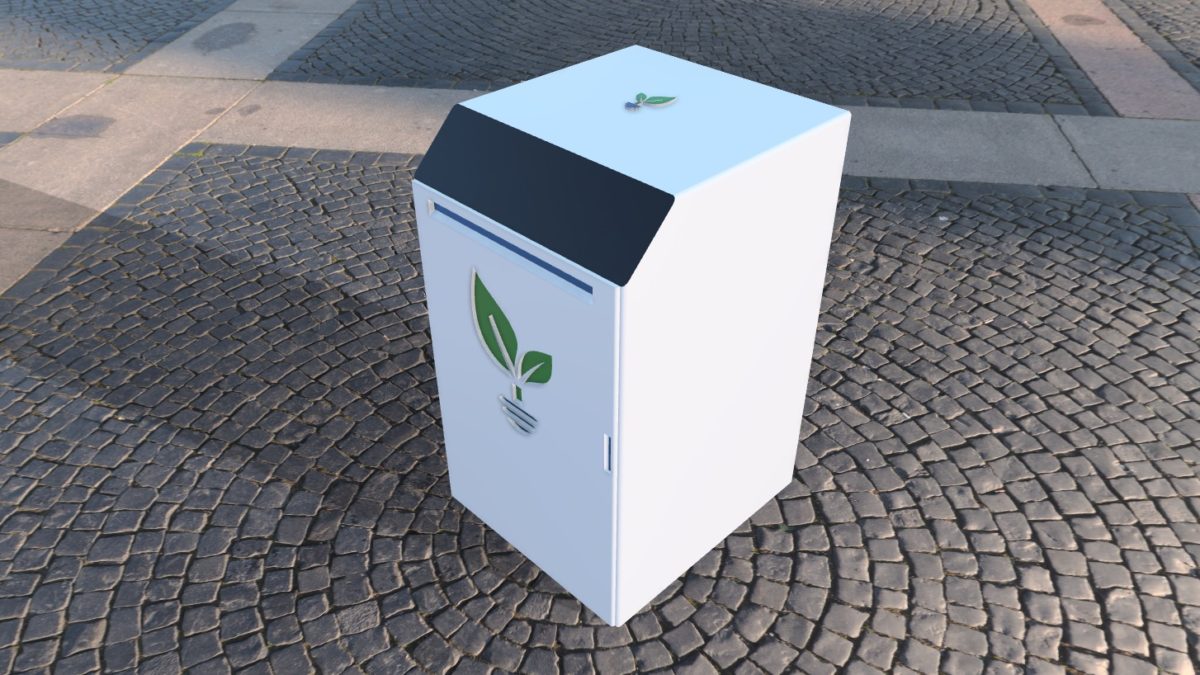From pv magazine USA
Amptricity has announced what it says is the first solid-state battery for home energy storage. The company plans to deliver its first solid-state energy storage systems of up to 4 GWh or up to 400,000 homes within the next 30 months. Commercial 1 MWh demo units are available now to select customers, with an announcement coming in the next few weeks on full commercial production.
The company, which was founded in 2020 and based in Florida, plans to build its first US manufacturing facility by 2024. The company expects to begin producing 4 GW per year in 2024 and then ramp up to 16 GW. It is reviewing manufacturing site locations in Texas, Arkansas, North Carolina, South Carolina, Arizona and Tennessee.
Amptricity reports that its next-generation battery technology represents eight-hour discharge, simultaneous charging and discharging, no thermal runoff, zero toxicity, 100% recyclable, fully functional in extreme cold and hot temperatures, and high energy storage efficiency with an annual retention rate of more than 96%. Its proprietary solid-state batteries include a cell capacity above 500 Ah (amp-hour) up to 3,000 Ah with an 11,000-deep discharge cycle.
The company says its home energy storage systems create greater safety and longevity, while the average residential systems use lithium-ion batteries, which pose a fire risk. Furthermore, its battery lifespan is three times longer than current lithium-ion technologies, the company reports.
“Solar PV homeowners will love our solid state energy storage systems because they offer superior performance and are non-explosive, non-flammable, non-toxic, and 100% recyclable. For example, last year in Texas, homeowners suffered blackouts and fatalities from a winter storm due to the power grid’s fragility,” said Damir Perge, CEO and co-founder of Amptricity. “With Amptricity’s solid state technology, homeowners can store energy for backup power – whether they have solar PVs or not.”
Residential energy storage systems of 12 kWh to 48 kWh and commercial systems from 60 kWh to 80 kWh are available for preorder on Amptricity’s website.
This content is protected by copyright and may not be reused. If you want to cooperate with us and would like to reuse some of our content, please contact: editors@pv-magazine.com.




So no product until at least 2024? How do we know this even works? What is the cost compared to safe, reliable LiFePO4?
High price and poor C rate
So I can store $1.20 worth of electricity for Only $20,000.00? I paid more than that for the Brooklyn Bridge.
Actually the claimed C rate is a whopping 180C. This is a record for li-ion.
Great initiative. We can’t wait to deploy these in developing countries where electricity power supply is limited. Amptricity’s contribution to the development of solid state battery technology is applauded.
Stackable Integrated Battery’s most popular products in Europe in 2022
http://www.essvalley.com
Sounded interesting until I went to their site. 12kwh for $20,000. That’s a hard pass.
So I can store $1.20 worth of electricity for Only $20,000.00? I paid more than that for the Brooklyn Bridge.
Just wait until you find out how much we used to pay for a computer or a CD player when they were ‘new tech’. Just like those, the prices will fall as mass adoption occurs. This is the future. Every day 10,000+ times the amount of energy we need hits Earth from the sun. It’s not a hard problem to solve.
20 000 $ for 12 kWh???
Oh yeah, thats the future…
At that price you better buy a bolt and scrap it for the battery.
I don’t know who they think will be ready to pay more then 10 time the base price of lithium…
The idea sounds great, but the price isn’t affordable for the average home owners. Then at what cost would a person need to spend the have the electrical in your home retrofitted to install this battery?
No talk about the cells and the solid state technology. And why sell power systems when the market for cells will be a hundred times larger? It appears that the cells are made in China by the Chinese. And that’s where you can find a 18650 li-ion battery with 12Ah capacity! There is no way this can be 375 Wh/kg.